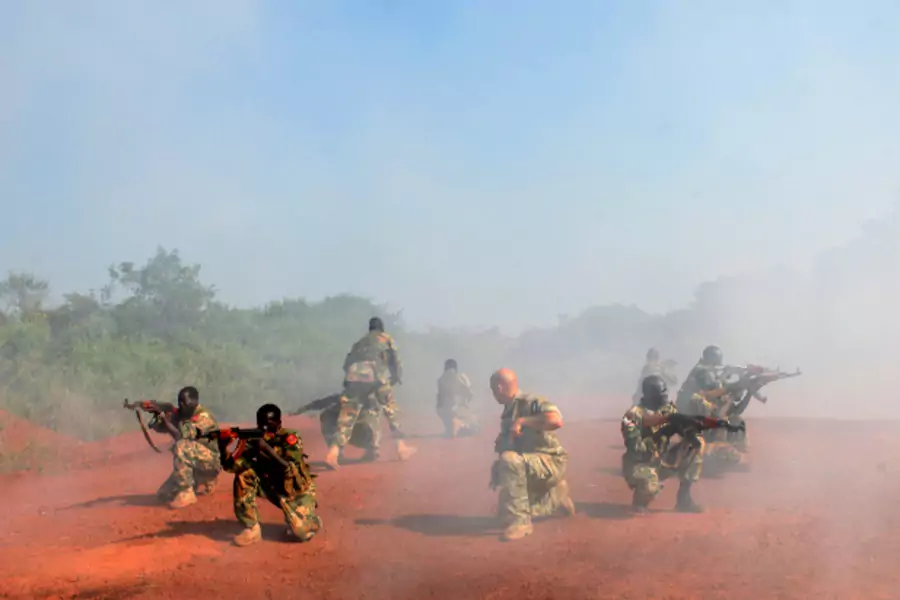More on:
In the March 5 New York Times, Eric Schmitt’s article “U.S. Takes Training Role in Africa as Threats Grow and Budgets Shrink,” reviews U.S. military assistance and training to the weak states of the Sahel that are confronting jihadi militants. He discusses the constraints on what the U.S. is willing and able to do in a context of domestic budget cuts and a general war-weariness in the aftermath of Iraq and Afghanistan.
The U.S. is increasingly focused on “partnership” and “capacity building” rather than boots-on-the-ground. Schmitt also describes the “soft” assistance that the U.S. military can provide, such as medical services, and partnerships with European allies on such training schemes. Much of the focus of Schmitt’s article is on Niger. But, he includes a potentially fateful sentence about Nigeria: “American officials are putting the finishing touches on a plan for United States Army instructors to help train an 850-member battalion of rangers as part of Nigeria’s new special forces command.”
This is not a good idea.
There has long been a small-scale relationship between American and Nigerian militaries, mostly focused on training regional peacekeepers. In the past, it was the Nigerians who were reluctant to expand this relationship out of a mixture of national pride and a dislike for the transparency and accountability upon which the U.S. insists. Things are different now, apparently.
Human rights groups have credibly accused the Nigerian security forces of gross human rights violations in the North, and disturbing reports have appeared in the New York Times and the Wall Street Journal. Because of the frequent rotation of Nigerian military units in the North many, even perhaps most, are likely infected by human rights abuses and therefore are ineligible to receive U.S. military training under U.S. law (the “Leahy amendment”). According to the State Department, Secretary of State John Kerry raised human rights abuses with Nigerian officials in May, 2013. President Barack Obama did the same with President Goodluck Jonathan on the margins of the 2013 UN General Assembly in New York, according to the White House. These very high level demarches appear to have had no effect.
It could be argued that U.S. training of a Nigerian battalion might be a way of countering human rights abuses. As the battalion to be trained is new, it should be free of allegations of those abuses. Nevertheless, U.S. involvement in ranger training would tie the U.S. ever closer to the Jonathan administration in an increasingly polarized pre-election period in which northern Nigerian alienation from Abuja is widespread and accusations of official corruption on a spectacular scale by former governor of the central bank Lamido Sanusi remain unanswered.
We should anticipate that northern public opinion—whether Islamist or not—is likely to become even more thoroughly alienated from the United States, which will likely be held responsible for on-going Nigerian military abuses. There is also the risk that U.S. involvement may encourage jihadis to move away from their current largely domestic focus and toward greater involvement in international terrorism.
The security forces’ abuses will almost certainly continue. U.S. training of 850 rangers will be hardly sufficient to change a deep seated culture of security service abuse of civilians and the resorting to extra-judicial killings.
More on:
 Online Store
Online Store
